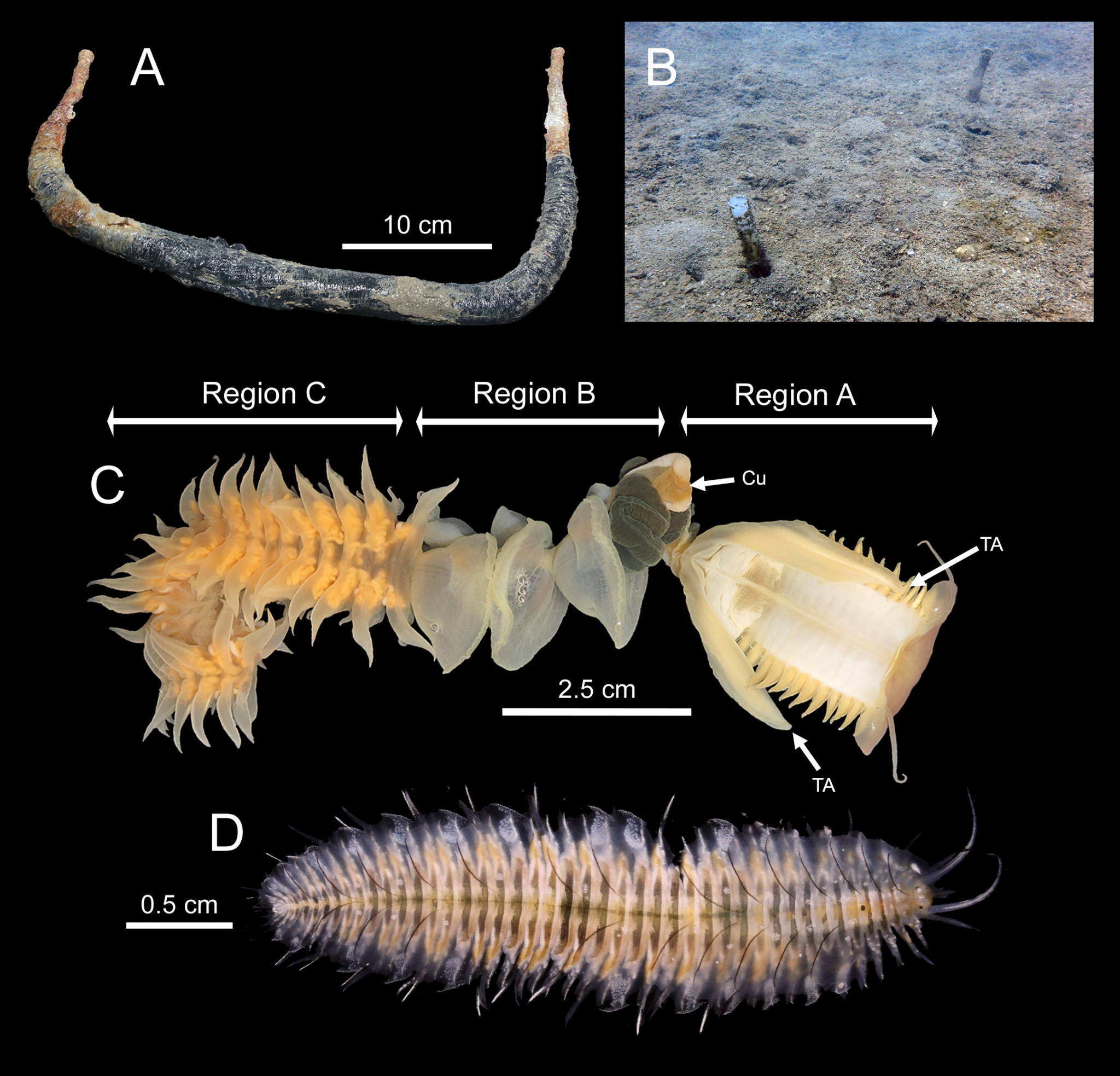
It is believed that "worms" are primitive animals that are not capable of complex behavior. However, studies carried out by Doctor of Biological Sciences, Head of the Laboratory of Morphology and Ecology of Marine Invertebrates, IEE RAS T.A. Britaev together with a colleague from the Center for Marine Research of Moscow State University Blanes D. Martin showed that this is far from the case. The results of the experiments demonstrated a striking aggressive behavior in marine symbiotic worms - polychaetes.
The scientists studied the influence of changes in the number of hosts on the behavior of the symbiotic polychaete Ophthalmonoe pettibonae living in the tubes of another large burrowing polychaete Chaetopterus sp. The researchers moved the host from their own opaque tube to an artificial one made of transparent plastic, which made it possible to observe the behavior of animals.
Experiments have clearly shown that as a result of severe intraspecific collisions, control over the territory, which in this case is the owner, is established by a single individual. This behavior explains the strictly uniform distribution observed in nature: one symbiont in one host. The increase in the number of vacant hosts has not led to a decrease in competition. Moreover, the pursuit of a competitor continued outside the host tube, which for the first time proved the ability of marine invertebrates to control the external territory, including additional hosts.
Britayev, T. A. & Martin, D. (2021) Behavioral traits and territoriality in the symbiotic scaleworm Ophthalmonoe pettiboneae. Scientific Reports 11: 12408. https://doi.org/10.1038/s41598-021-91810-2
